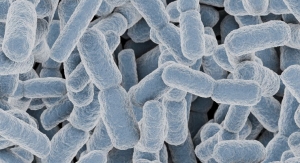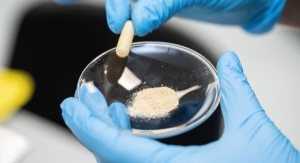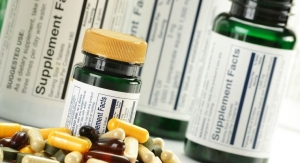08.29.17
As of May 30, 2017, most U.S. importers of food and beverages are required to comply with the U.S. Food and Drug Administration's (FDA) Foreign Supplier Verification Program (FSVP) rule. Registrar Corp is aware that importers have begun receiving emails from FDA with the subject line: "FSVP Inspection Requirements, Handouts & Law." This email informs importers of an upcoming FDA inspection to examine their compliance with FSVP requirements. In light of these recent events, Registrar Corp is providing importers with pertinent information to be prepared for a possible FSVP inspection.
What is a FSVP?
The FSVP rule requires importers to designate a "Qualified Individual," defined by FDA as an individual possessing the education, training, or experience necessary to fulfill the requirements of the FSVP rule, to develop and implement the FSVP program. FSVPs require several components:
Hazard Analysis. A hazard analysis of a food item should identify any potential and foreseeable biological, chemical, or physical hazards that could cause illness or injury in the absence of preventive measures. Analysis should consider a diverse array of variables, such as manufacturing procedures, raw materials and ingredients, and the transportation, storage, and distribution of the food.
Supplier Evaluation. Importers should assess each supplier's food safety practices and procedures, compliance with U.S. food safety regulations (including implementation of FDA Food Safety Plans), and history of correcting food safety problems. Importers should determine appropriate verification measures relative to the level of food safety risk the supplier poses. Verification activities may include onsite audits, sampling, or review of the supplier's food safety records.
Corrective Actions. Provided any food safety issues arise, an importer is required by FDA to take the proper steps toward correcting the issue with the supplier. Corrective Actions may vary depending upon specific issues, and in severe cases, may require the importer to cease business with the supplier.
What Does a FSVP Inspection Look Like?
According to an interview with Sharon Mayl at FDA, FSVP inspections are not to be confused with traditional food facility inspections and are largely based on the review of records. The inspector may also look for evidence that FSVP procedures are followed between the importer and supplier for the food items in question and that the importer is documenting appropriate analyses and verification activities, reviewed by a Qualified Individual. Ms. Mayl commented that most FSVP inspections will take place at the importer's place of business.
What is a FSVP?
The FSVP rule requires importers to designate a "Qualified Individual," defined by FDA as an individual possessing the education, training, or experience necessary to fulfill the requirements of the FSVP rule, to develop and implement the FSVP program. FSVPs require several components:
Hazard Analysis. A hazard analysis of a food item should identify any potential and foreseeable biological, chemical, or physical hazards that could cause illness or injury in the absence of preventive measures. Analysis should consider a diverse array of variables, such as manufacturing procedures, raw materials and ingredients, and the transportation, storage, and distribution of the food.
Supplier Evaluation. Importers should assess each supplier's food safety practices and procedures, compliance with U.S. food safety regulations (including implementation of FDA Food Safety Plans), and history of correcting food safety problems. Importers should determine appropriate verification measures relative to the level of food safety risk the supplier poses. Verification activities may include onsite audits, sampling, or review of the supplier's food safety records.
Corrective Actions. Provided any food safety issues arise, an importer is required by FDA to take the proper steps toward correcting the issue with the supplier. Corrective Actions may vary depending upon specific issues, and in severe cases, may require the importer to cease business with the supplier.
What Does a FSVP Inspection Look Like?
According to an interview with Sharon Mayl at FDA, FSVP inspections are not to be confused with traditional food facility inspections and are largely based on the review of records. The inspector may also look for evidence that FSVP procedures are followed between the importer and supplier for the food items in question and that the importer is documenting appropriate analyses and verification activities, reviewed by a Qualified Individual. Ms. Mayl commented that most FSVP inspections will take place at the importer's place of business.



























